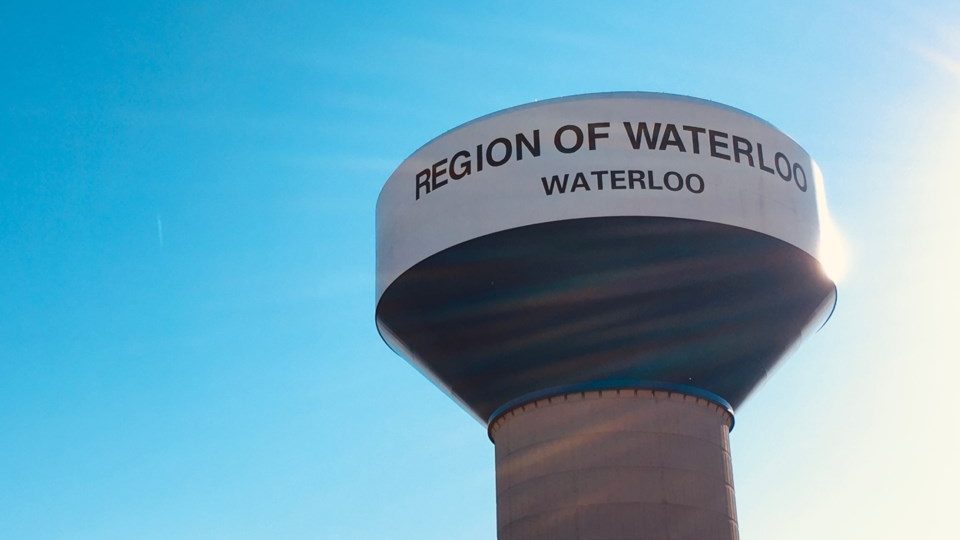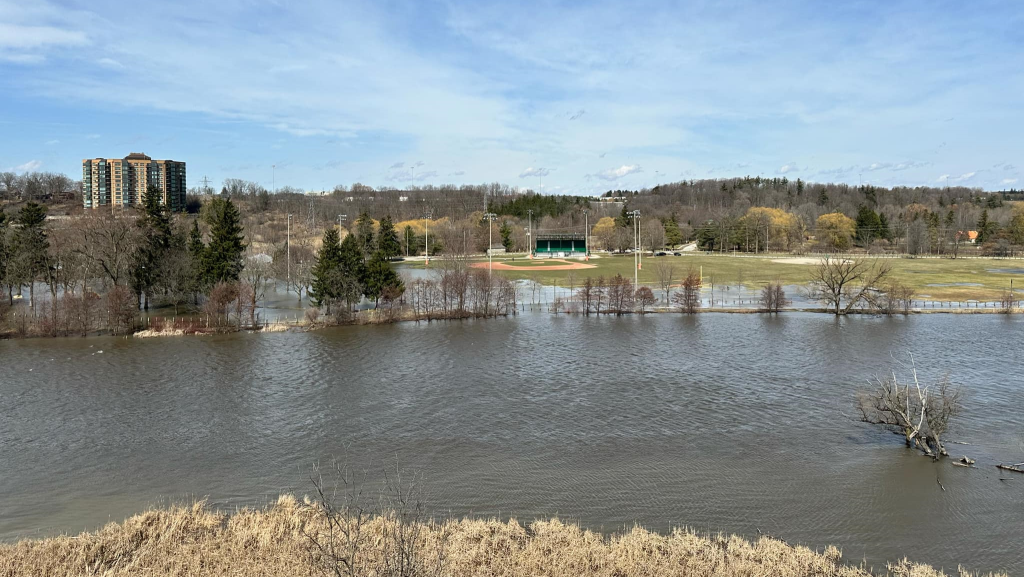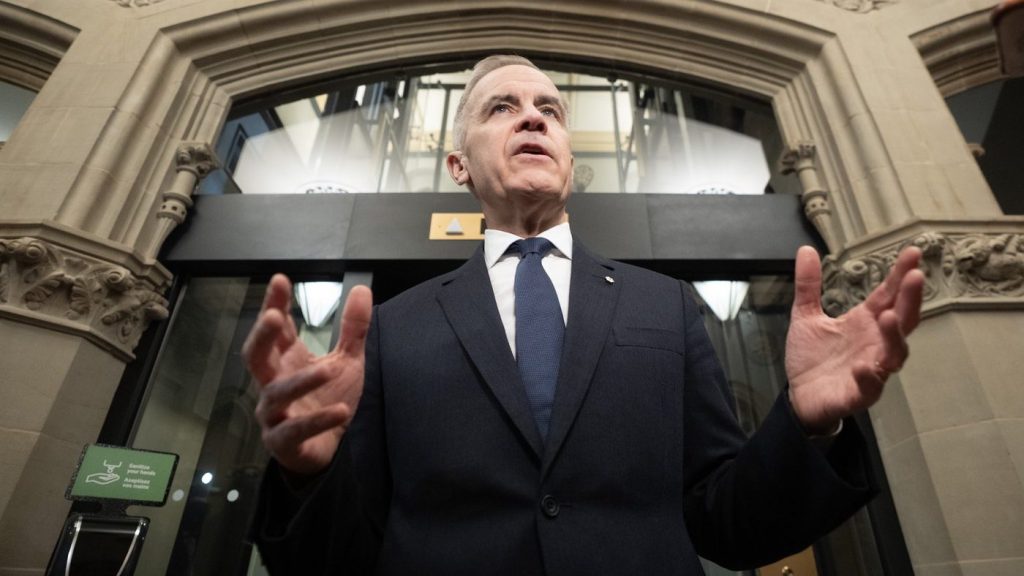Who will adapt? UW research shows air quality alerts will quadruple in 76 years

Posted Jan 21, 2024 06:26:37 AM.
Last Updated Jan 21, 2024 06:26:41 AM.
Researchers at the University of Waterloo are sounding the alarm, about poor air quality, and just how bad it’s going to get for your kids and your kids’ kids.
The research looks all the way to the year 2100.
That may seem like a long way away, but experts say something must be done now, to help your family and friends in 76 years.
Essentially, the study led by the University of Waterloo shows that by that year (2100) air quality alerts are set to quadruple.
Remember when you had to stay inside last summer because of the wildfires impact on your air quality? And how stir crazy you may have felt smelling smoky air, and not exercising outside?
Well, you could be inside for an extra 142 days per year, which works out to about 20 weeks.
Senior author of the study, Dr. Rebecca Saari notes inequalities will also be exponentially clearer, with those experiencing homelessness, working outside, and those who live or work in buildings with poor air quality control, suffering the most.
“We saw conditions for alerts most often in areas of high Black populations, higher incomes, and leakier homes, deepening inequalities between residents who can access clean indoor air and those in the same area who cannot … We should ensure that policy will address emissions that cause air pollution and climate change, and boost adaptation, for example, by compensating people for fixing leaky buildings.”
The research “Health and Equity Implications of Individual Adaptation to Air Pollution in Changing Climate” has been published in the Proceedings of the National Academy of Sciences.








